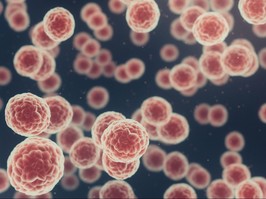“from november until april, it was a full-fledged campaign to help my wife gain access to immunotherapy,” says faizan. “we were successful only after her doctor presented additional evidence and we had an advocacy group attached to us.”
since may, khola has been taking two different immunotherapy drugs, both of which are administered intravenously at the hospital, roughly 14 days apart. one of the drugs is a tumour-starving treatment and the other is designed to slow down disease progression.
immunotherapy still considered experimental for glioblastoma
dr. farshad nassiri, neurosurgeon at the
university health network, says that a person’s immune system is the best defence in the body — essentially, its job is to recognize anything that’s foreign, such as an infection or cancer, and to remove it. many types of cancer, however, use what are called “checkpoint proteins,” which allow the tumour to evade detection by the immune system. immunotherapy has been introduced to address this challenge.
the cutting-edge treatment has been shown to be effective against several types of cancer, but more research is needed to determine how it may best benefit glioblastoma patients. nassiri says that surgery, chemotherapy and radiation remain the standard of care for the disease, and that immunotherapy isn’t used as a stand-alone measure as glioblastoma tumours holds few immune system cell. the blood-brain barrier, which keeps drugs out of the brain and the tumour, also limits the effectiveness of the treatment if used without some of the other interventions. the good news is that in the future, immune-based therapies could be combined with new and existing treatment options.
 6 minute read
6 minute read











